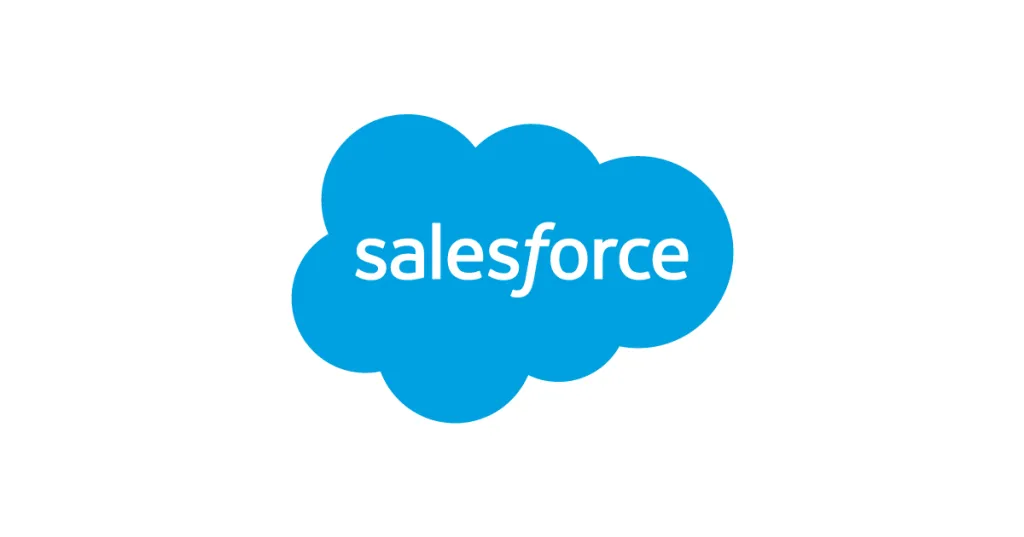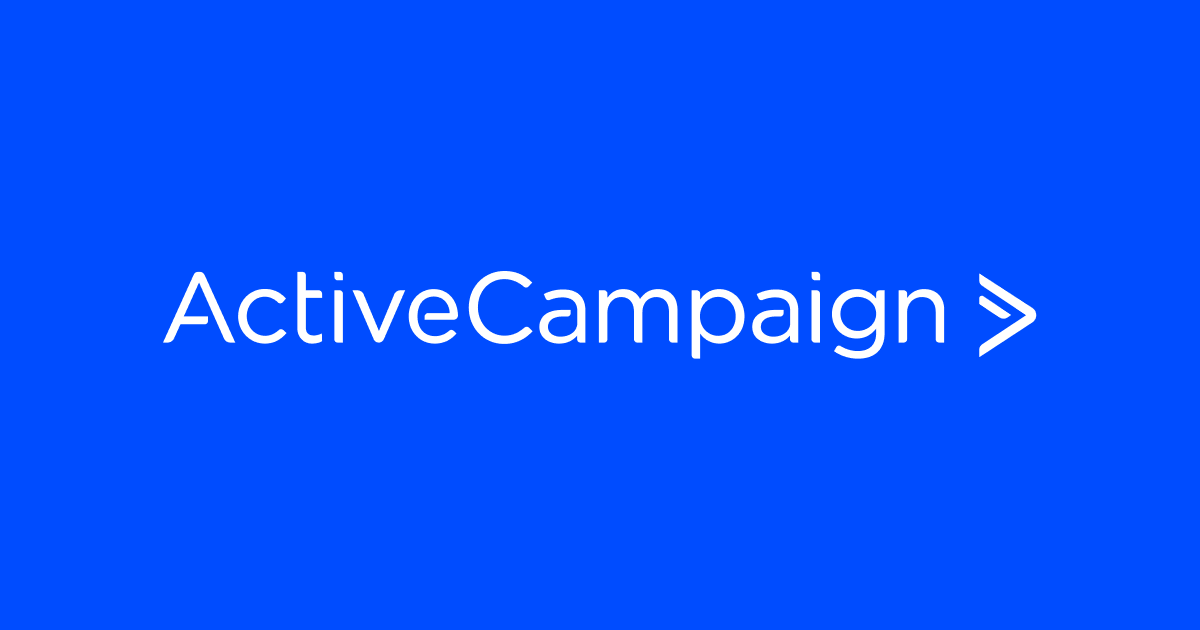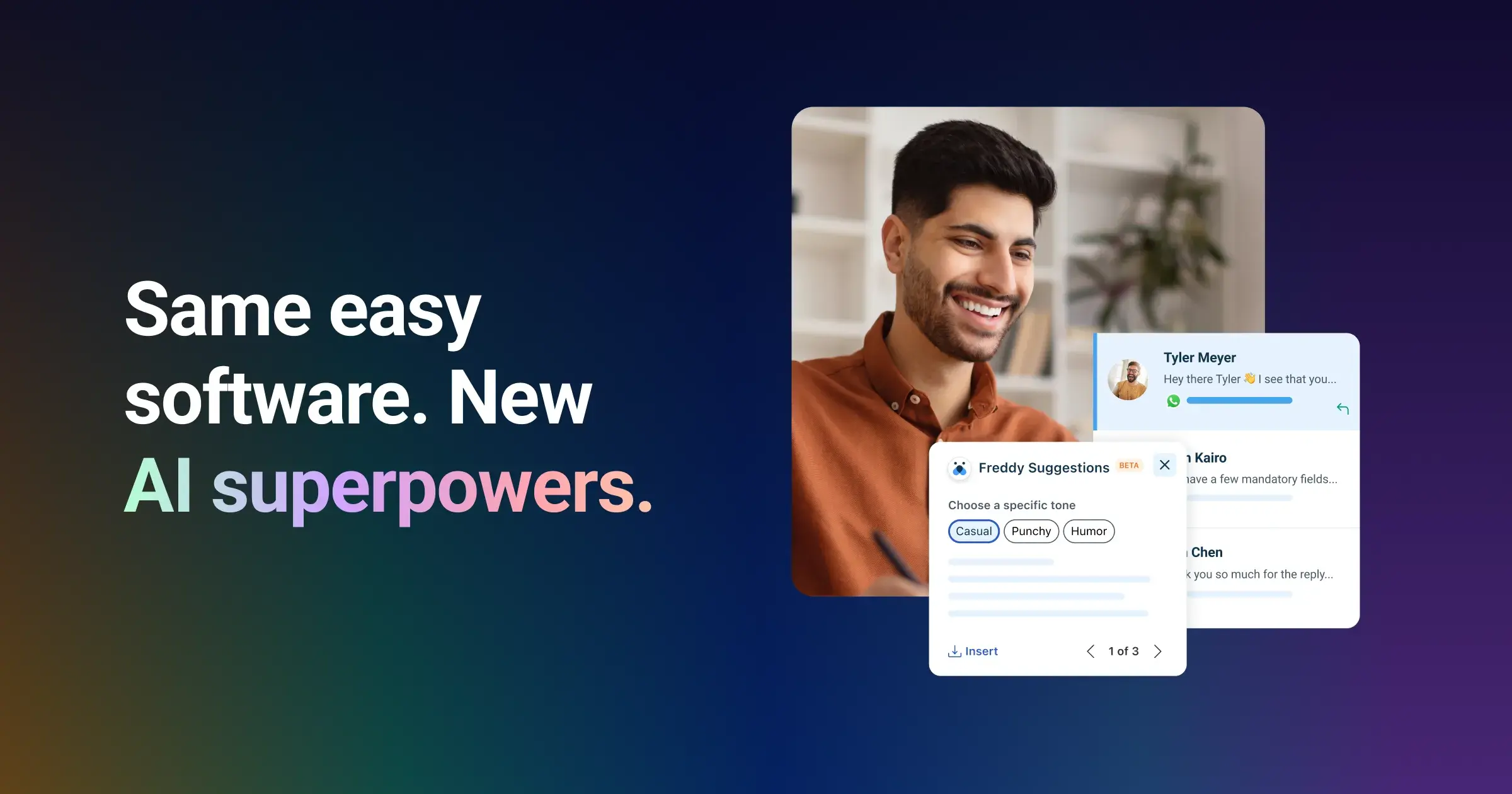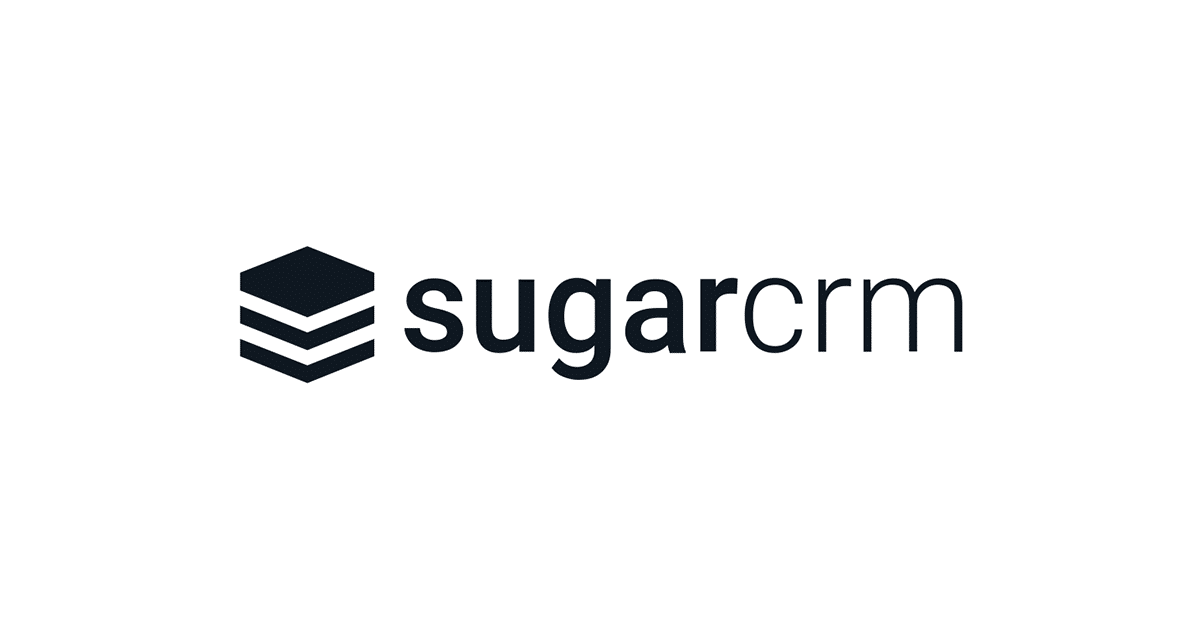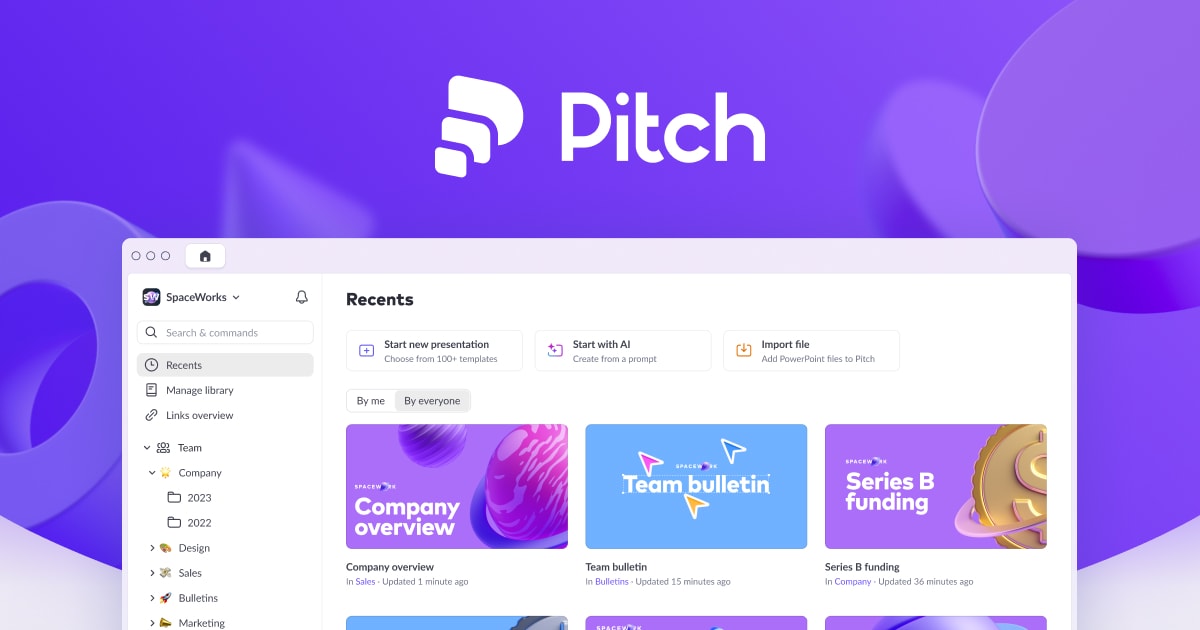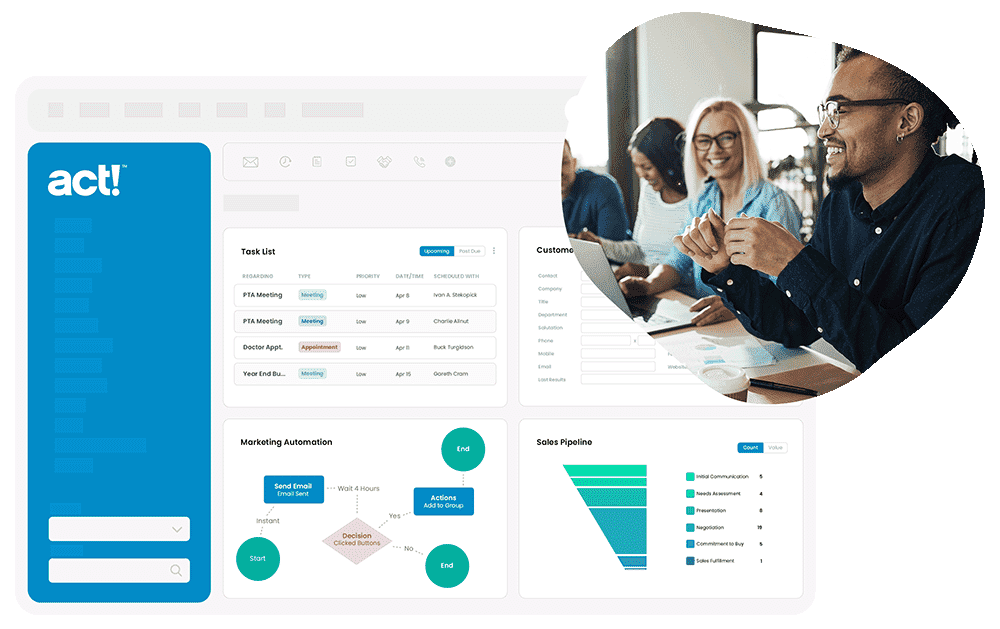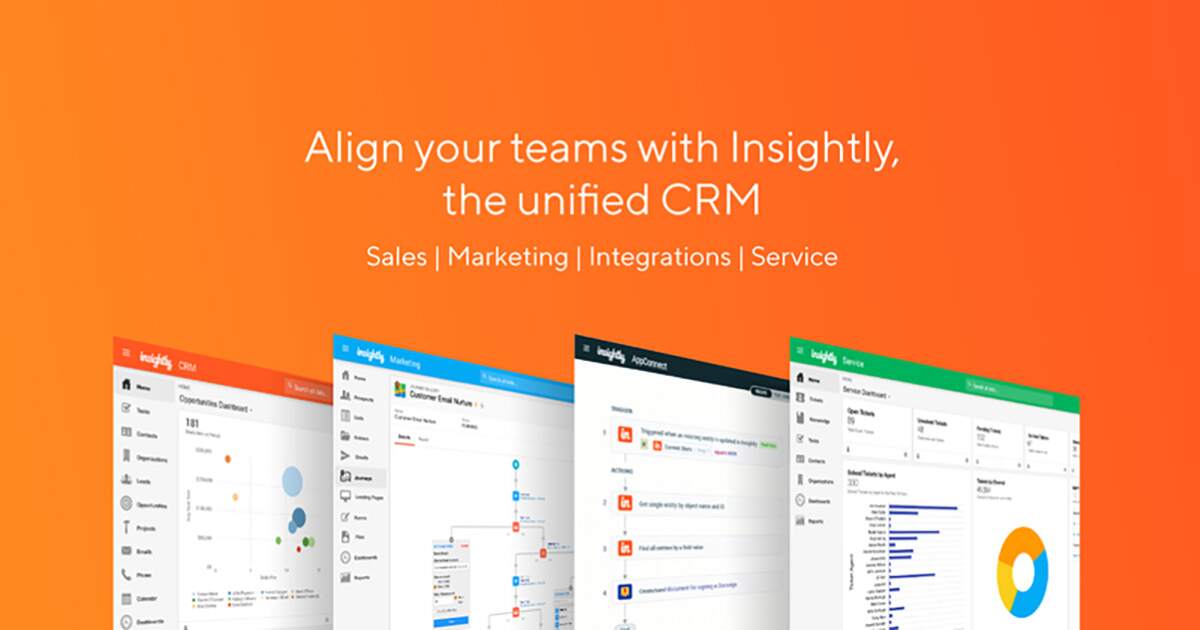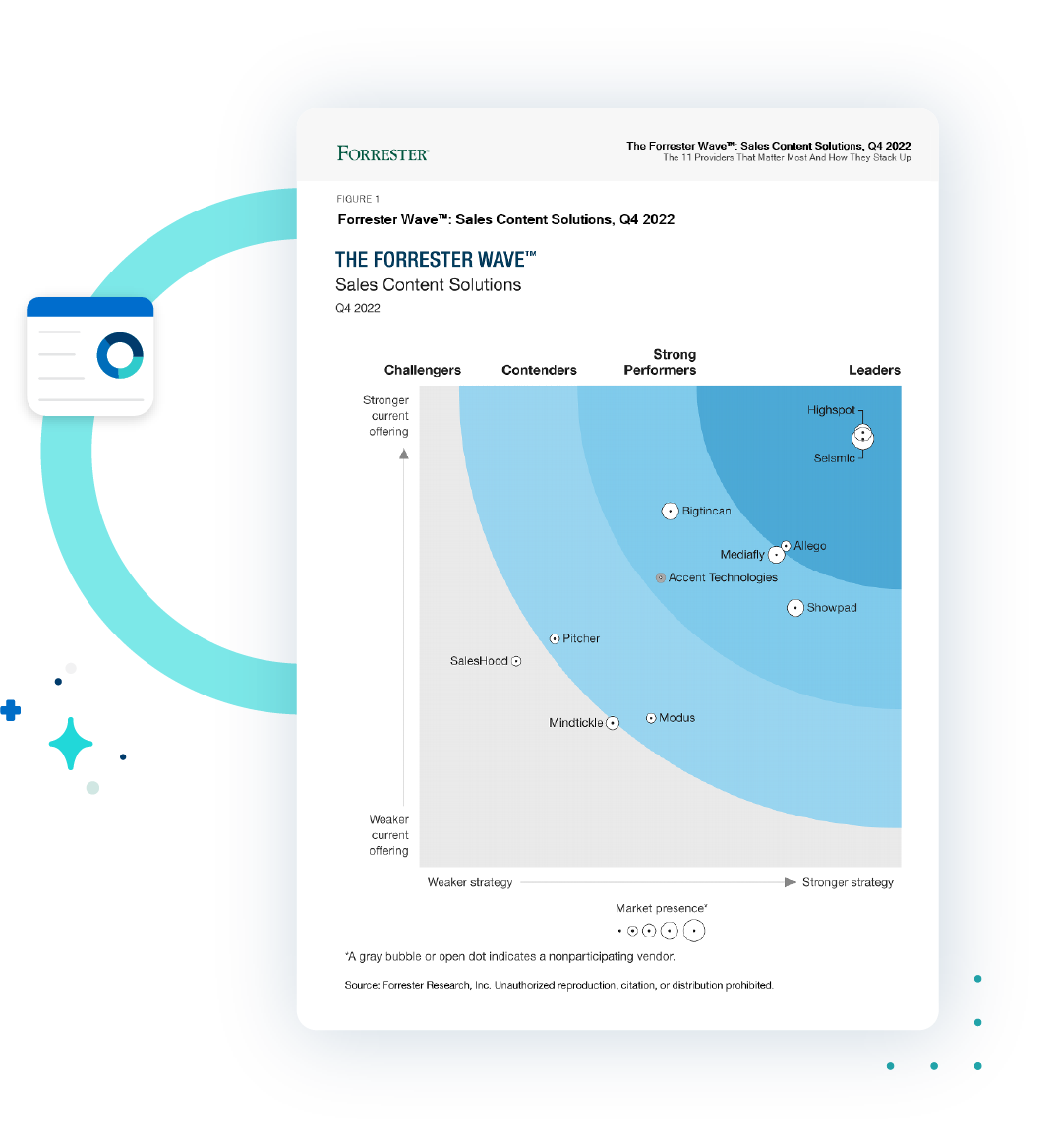Introduction
As the business landscape becomes increasingly competitive, sales and marketing organizations are under constant pressure to accelerate pipeline growth and close more deals. While effective sales enablement has always been important, it is now a strategic imperative for driving consistent revenue performance. This has translated to heightened demand for specialized sales enablement platforms that equip teams with the right content, coaching and insights needed across every stage of the buyer’s journey. In this blog, we analyze and compare 15 of the leading sales enablement software options based on core features and quantifiable metrics like user satisfaction, website traffic and backlinks to identify the most impactful solutions for powering success in 2023 and beyond.
Methods of Evaluation
To evaluate and rank these sales enablement platforms, we considered conventional factors like functionality, integrations, pricing and reviews. In addition, we also leveraged more objective metrics like number of backlinks, average monthly website traffic over the last year from Semrush data and keyword search trends on Google Trends to get a sense of third-party recognition and interest over time for each vendor. Combining both subjective and quantitative parameters allows for a balanced and insightful assessment of these solutions.
1. Zendesk Sell
Zendesk is a leading customer service and sales software used by over 200,000 businesses worldwide. Originally launched in 2007, Zendesk has grown to offer a comprehensive customer relationship management (CRM) platform designed to support customer service, sales, and marketing teams. Key capabilities include ticketing, workflows, reports and analytics, and an app marketplace for custom integrations.
Pros: Some key advantages of the Zendesk sales platform include:
– Designed specifically to support core sales workflows and processes out of the box
– Seamless integration with the ticketing system allows sales and support teams to collaborate
– Highly customizable to support unique sales methodologies or business processes
Cons: One potential disadvantage is that the more advanced sales features like custom object tracking and complex approval workflows require additional configuration and potentially add-on products.
Pricing: Zendesk offers pricing tiers based on the number of agents, tickets, or customers supported. Starting pricing begins at $49 per agent per month for essential plans up to custom enterprise pricing for very large implementations.
Some key stats about Zendesk include:
– Over 200,000 paid customers globally
– Supports over 40 languages
– Integrates with over 300 third-party apps
– 24/7 phone, email, and live chat support available
2. Salesforce
Salesforce is the global leader in CRM, providing a comprehensive customer 360 platform. Founded in 1999, Salesforce helps companies of all sizes manage their customer relationships. With over 150,000 customers worldwide, Salesforce continues to drive digital transformation through its customer-centric, cloud-based solutions.
Pros: Key advantages of the Salesforce platform include:
– Industry-leading CRM functionality for managing all customer touchpoints
– Large app ecosystem of over 5,000 apps extend core functionality
– Customizable to meet unique business needs through configurations and development
– Integrations with other business systems like Microsoft, Google, and more
Cons: While very full featured, some potential disadvantages of Salesforce include:
– Complex and may be overkill for smaller organizations
– Licensing and subscription costs can be high for some deployments
– Requires expertise to customize and maintain
Pricing: Salesforce offers a range of paid subscription plans including:
– Essentials $25/user/month – basic sales functionality
– Professional $75/user/month – adds marketing and service clouds
– Enterprise $150/user/month – full featured platform
Some key facts about Salesforce include:
– Over 150,000 customers globally
– Recognized as a leader in the Gartner Magic Quadrant for CRM and CRM Customer Engagement Center for multiple years
– $26.49 billion in annual revenue as of 2022
– Over 75,000 employees worldwide
3. Prezi
Prezi is a cloud-based presentation software that allows users to tell dynamic stories and ideas using zooming, panning and motion on a large canvas. Founded in 2009 and based in Budapest, Hungary, Prezi is used by over 100 million people worldwide for creative visual presentations.
Pros: Some key advantages of Prezi include:
– Unique canvas format allows for more creative and engaging visual storytelling compared to linear slide formats
– Easy to navigate nonlinear presentations using zooming and panning
– Built-in collaboration features allow multiple users to work on presentations simultaneously
– Integrates with other tools like Google Drive, Dropbox and Microsoft Teams for easier sharing
Cons: A potential disadvantage is that the learning curve may be slightly higher than traditional slide-based tools since it uses a new style of nonlinear storytelling on a large canvas.
Pricing: Prezi offers both free and paid plans. The free plan provides access to basic features while premium plans start at $8.25/user per month or $99/year for additional storage, collaborators and advanced analytics.
Some key stats about Prezi include:
– Used by over 100 million people worldwide
– Integrations with Google Workspace, Microsoft Teams and other platforms
– Supports real-time collaboration on presentations
– Hosts over 1 billion assets including images, videos and documents
4. SAP Sales Cloud
SAP Sales Cloud is a sales enablement and CRM software developed by SAP, a German multinational software corporation. SAP Sales Cloud is part of SAP’s customer experience portfolio and provides capabilities across the entire sales process including opportunity and pipeline management, forecasting, configurators, pricing and quoting, and customer service. The software allows organizations to gain a 360-degree view of customers, streamline sales processes, and improve forecast accuracy.
Pros: Some key advantages of SAP Sales Cloud include: – Integrated with SAP ERP backend systems for a unified view of customer data. – Robust analytics and predictive capabilities to improve forecasting and sales outcomes. – Highly extensible and scalable platform that can grow with business needs.
Cons: A potential disadvantage is the high total cost of ownership compared to other sales enablement tools due to integration with full SAP solutions and dependencies on additional SAP licenses and support contracts.
Pricing: SAP Sales Cloud pricing is customizable based on organizational needs and generally sold as an annual subscription. Core packages start at $150 per user per month for basic CRM capabilities. Integrated and enterprise packages with additional users, modules, and support can exceed $500 per user per month depending on configuration.
Some key stats about SAP Sales Cloud include: – Used by over 6,500 customers worldwide across all industries. – Integrated with SAP’s backend ERP systems allowing seamless data sharing. – Processes over $80 billion in quoting activity annually. – Contains AI and predictive analytics capabilities to optimize the sales process.
5. ActiveCampaign
ActiveCampaign is an all-in-one CRM, email marketing and automation software used by over 180,000 businesses worldwide. Founded in 2003, ActiveCampaign focuses on delivering an easy to use platform that helps businesses of all sizes build better customer relationships through personalized interactions across email, SMS, social media, messengers, chat and more.
Pros: Some key advantages of ActiveCampaign include:
– Intuitive and easy to use interface suitable for both beginners and advanced users
– wide range of built-in marketing automation tools and workflows
– Affordable pricing starting from just $9/month
– Excellent integrations with ecommerce platforms like Shopify
Cons: One potential disadvantage is that it may not be as feature-rich as some of the more expensive CRM and marketing automation software like Hubspot or Pardot for the most advanced use cases.
Pricing: ActiveCampaign offers 3 tier pricing plans:
– Basic: $9/month – Suitable for small businesses with up to 500 contacts. Includes list, campaigns and more.
– Professional: $49/month – For growing businesses with up to 5,000 contacts. Adds automations, trigger events and more.
– Enterprise: Custom Pricing – For large enterprises with unlimited users and contacts.
Some key stats about ActiveCampaign include:
– Used by over 180,000 customers globally
– Integrates with over 250+ apps including Shopify, QuickBooks, Zapier and more
– Supports SMS, email, social and chat communication channels
– Starts from $9/month for the Basic plan
6. Freshworks
Freshworks provides sales engagement, enablement and productivity software to help sales teams close more deals. Their flagship product, Freshsales CRM, offers a comprehensive set of features to streamline sales processes from lead generation to deal management. Some of the key capabilities include contact and account management, robust pipeline management, customizable dashboards and reports as well as integrated workflow automation.
Pros: Some key advantages of Freshsales CRM include:
– Easy onboarding and implementation with template-based configurations and simple dashboard customization options.
– Holistic functionality that supports the entire sales lifecycle from lead to cash.
– Highly scalable and flexible platform that can support small businesses as well as large enterprises.
Cons: One potential disadvantage is the pricing which starts from $12 per user per month for the basic plan. Compared to other products like Hubspot or Salesforce, Freshsales has slightly higher pricing for equivalent functionalities and user limits.
Pricing: Freshsales CRM pricing starts from $12 per user per month for the Essentials plan that supports up to 3 users. The Standard plan is priced at $20 per user per month and offers additional capabilities. For large enterprises, customized Enterprise plans are also available with volume discounts.
Some key stats about Freshsales CRM include:
– Used by more than 50,000 companies worldwide
– Available in over 40 languages
– Integrates with over 250 apps including GSuite, Office 365, Salesforce, Hubspot and more
– Robust native mobile apps for Android and iOS
7. Pipedrive
Pipedrive is a sales CRM and pipeline management software that helps sales teams maximize their productivity. Founded in 2010, Pipedrive has grown to serve over 90,000 customers worldwide. With its easy-to-use interface and powerful CRM functionality, Pipedrive has become one of the top sales enablement tools on the market.
Pros: Some key advantages of Pipedrive include:
– Easy to use and intuitive interface that requires little training
– Powerful pipeline management that helps reps track deals from lead to close
– Affordable pricing starting at $12/user per month for the Standard plan
– Great support through online resources, forums and live chat
Cons: One potential disadvantage is that the free Basic plan has limited functionality so teams may quickly outgrow it and need to upgrade.
Pricing: Pipedrive offers three paid plans:
– Standard – $12/user per month
– Professional – $20/user per month
– Enterprise – Custom pricing
All plans include CRM functionality, pipelines, reporting, email integration and more. Higher tiers offer additional users, custom domains and priority support.
Some key stats about Pipedrive include:
– Used by over 90,000 customers worldwide
– Available in over 30 languages
– Integrates with over 200+ apps including Gmail, Slack, Hubspot and more
– Named a leader in the G2 Winter 2023 CRM Grid Report
8. SugarCRM
SugarCRM is a customer relationship management (CRM) software that provides holistic customer management functions. Founded in 2004, SugarCRM is based in Cupertino, California and has over 3,000 employees worldwide. The platform helps businesses create customers for life through personalized experiences, actionable insights, and seamless engagements across marketing, sales, and customer service teams.
Pros: Some key advantages of SugarCRM include:
– Holistic customer management functions like marketing automation, sales force automation, customer service, and analytics help provide a 360-degree view of customers.
– The platform is highly customizable with forms, workflows and modules that can be tailored to specific business needs.
– Robust API and integration capabilities allow SugarCRM to easily connect with other business tools and third-party apps.
Cons: One potential disadvantage is the learning curve for more advanced customizations and configurations. While the platform is quite customizable, getting the most value may require some time spent onboarding and training on the platform’s functionalities.
Pricing: SugarCRM offers several pricing tiers including:
– Professional Edition starting at $50/user per month
– Enterprise Edition starting at $150/user per month
– Ultimate Edition starting at $250/user per month
All plans include basic CRM features. Higher tiers provide additional functionality like custom fields, workflows and email integration.
Some key stats about SugarCRM include:
– Over 3 million users globally
– Available in over 45 languages
– Integrates with over 250 third-party apps like Slack, Dropbox, and Zendesk
– 20 years of industry experience and expertise
– 95% customer retention rate
9. PandaDoc
PandaDoc is a leading sales enablement software that helps teams create, approve and track proposals, contracts and other business documents. Founded in 2013 and based in San Francisco, PandaDoc streamlines document workflows to help teams close more deals faster.
Pros: Some key advantages of PandaDoc include: – Document automation and templates that save users significant time creating customized sales docs – Workflow approval capabilities that allow sending documents for online sign-off to streamline processes – Seamless CRM integrations that ensure all proposal activity is captured in your sales pipeline
Cons: One potential disadvantage is that the full feature set may not be needed for some smaller teams or those with less complex documentation needs. In these cases, a more basic sales enablement platform could meet requirements at a lower cost.
Pricing: PandaDoc offers several pricing plans ranging from $10-75 per user per month based on team size and feature needs. Key items included across all plans are templates, approvals, integrations and e-signature. Additional user licenses can be added as teams grow.
Some key stats about PandaDoc include: – Used by over 50,000 customers worldwide – Its templates allow users to create customized documents in under 5 minutes – It integrates seamlessly with top CRM solutions like Salesforce, HubSpot, Microsoft Dynamics and Zoho – Users can track document approval status and manage revisions in real-time
10. Pitch
Pitch is a presentation software that enables teams to quickly create impactful decks. Founded in 2014 and headquartered in San Francisco, Pitch has over 20,000 organizations as customers including Uber, Google, Amazon and Buzzfeed. Pitch aims to help teams seamlessly collaborate on content and close more deals.
Pros: Some key advantages of Pitch include:
– Easy content collaboration workflow that allows drag-and-drop editing and comments directly on slides.
– Customizable dashboard and CRM integration that enables viewing client profiles and activity directly from within Pitch.
– Robust training and coaching capabilities through features like role-based permissions, branded mobile apps, and analytics.
Cons: A potential disadvantage is that the free basic plan only allows for 5 collaborators which may not suffice for larger teams.
Pricing: Pitch has the following pricing plans:
– Free Plan: Allows up to 5 collaborators. Watermarked exports.
– Professional: $12/user/month billed annually. Unlimited collaborators. No watermarks.
– Business: $19/user/month billed annually. Custom branding. Single sign-on. Additional admin controls.
Some key stats about Pitch include:
– Used by over 20,000 organizations worldwide
– Presentation decks can be created in under 5 minutes
– Integrates with over 150 platforms including Salesforce, Hubspot, and Zendesk
– Over 3 million presentations have been created on the platform
11. Act! CRM
Act! CRM is affordable CRM and marketing automation software made for small businesses. Founded in 1983, Act! has been providing small business customer relationship management solutions for over 30 years. With clients in over 120 countries, Act! aims to provide comprehensive yet easy-to-use sales, marketing and customer service tools for growing businesses.
Pros: Some key advantages of Act! CRM include: – Affordable pricing starting at $25/user per month making it a top choice for small businesses – Built-in contact management, tasks, emails and calendar tools ensuring your entire sales process is streamlined – Seamless integration of your contacts, emails and calendars into a single CRM dashboard – Intuitive interface and guided workflows make it easy for reps of all experience levels to use
Cons: The main disadvantage of Act! is the more limited capabilities compared to enterprise-level CRM platforms. Advanced features like custom object creation, built-in reporting and dashboards, forecasting tools are absent from the Act! platform.
Pricing: Act! CRM pricing starts at $25 per user per month for the Basic plan, increasing to $45 per user per month for the Premium plan. Volume pricing discounts are available for larger teams. Free version and 30-day free trials are also available to try Act! CRM before purchasing a license.
Some key stats about Act! CRM include: – Used by over 1 million customers worldwide – Available in over 25 languages – Integrates with over 50 apps like Gmail, Outlook, Dropbox and more – Named a leader in the G2 Crowd Sales Software and CRM Software categories for ease of use and quality of support
12. Insightly
Insightly is an all-in-one CRM, marketing automation and sales collaboration software designed for small to medium-sized businesses. Founded in 2006, Insightly has grown to support over 50,000 organizations around the world. Their software helps teams eliminate data entry, streamline processes and focus on building meaningful customer relationships.
Pros: Some key advantages of Insightly include:
– Mobile friendly app and browser based version for optimizing on-the-go work
– Intuitive dashboard and navigation for quick access to tasks, clients and reports
– Ability to share client documents, contracts and project materials in one centralized place
– Built-in collaboration features like activity streams and @mentions for keeping teams synced
Cons: One potential disadvantage is its limited capabilities for more advanced marketing workflows and campaign management compared to higher end enterprise solutions. The free version also has limitations on data storage and users that may not support larger teams.
Pricing: Insightly offers 3 tier pricing plans – Free, Standard and Premium. Pricing starts from $25/user per month for the Standard plan which removes data storage limits and unlocks more features. The Premium plan is $49/user per month and includes advanced CRM capabilities and priority support.
Some key stats about Insightly include:
– Supports teams of all sizes from 1 user up to enterprise level
– Easy to use interface optimized for mobile use
– Over 50,000 businesses currently use Insightly worldwide
– Integrates with over 150 third party apps like Google Workspace, Slack and Mailchimp
13. Seismic
Seismic is a leading sales enablement platform that helps companies engage customers and drive revenue growth. Founded in 2010, Seismic offers both an online and offline solution to empower sales teams.
Pros: Some of the key advantages of Seismic include:
– Excellent content and document management capabilities
– Intuitive sales acceleration tools like dealrooms, cadence automation, and coaching
– Strong analytics and reporting features to track engagement, pipelines, and close rates
Cons: The main disadvantage is that Seismic is an enterprise-level solution and can be costly for smaller organizations with limited sales teams.
Pricing: Seismic pricing is customized based on team size and features needed. Generally, expect to pay tens of thousands of dollars per year for the basic package and over $100,000 for the advanced solution.
Some key stats about Seismic include:
– Used by more than 2,500 organizations worldwide
– Supports more than 150,000 salespeople globally
– Processes over 1 billion content objects every month
14. Highspot
Highspot is a sales enablement platform that provides organizations with content, coaching, and insights to help reps engage customers and close more deals. Founded in 2012, Highspot has earned the trust of over 750 enterprise clients around the world. Their platform allows companies to centralize content and data from any source to provide reps with the most relevant resources for engaging customers at each stage of the buying journey.
Pros: Some key advantages of Highspot include:
– Powerful content management and AI recommendation capabilities to surface the most relevant content for each customer situation
– Integrated enablement, adoption and readiness tools to help reps effectively learn and apply new content
– Personalized coaching and guided selling paths to ensure reps approach customers consistently and strategically
Cons: A potential disadvantage is that Highspot is positioned as an enterprise platform requiring a large investment and sales cycle to implement. It may not be suitable for some small to medium sized businesses with fewer resources.
Pricing: Pricing for Highspot is not publicly disclosed and requires a custom quote based on specific business needs and use cases. Based on comparison sites, typical annual prices can range from the tens of thousands for smaller deployments up to over $100,000 for large enterprise accounts with thousands of users.
Some key stats about Highspot include:
– Over 750 enterprise customers globally including names like Cisco, Juniper Networks, and DocuSign
– Processes over 2 million content engagements per month
– Recommends the right content at critical buyer/seller touchpoints to increase rep effectiveness by 40%
15. Showpad
Showpad is a sales enablement platform that provides tools to help teams create, manage and share sales content. Founded in 2013, Showpad has headquarters in Belgium and the United States. Their flagship product is called Showpad eOS which stands for Enablement Operating System.
Pros: Some key advantages of Showpad include:
– Powerful content creation and management tools that integrate seamlessly with CRM systems.
– Customizable forecasting and predictive analytics to help coaching and reps hit their numbers.
– AI-powered coaching features to provide reps with personalized feedback.
– Open API for developers to integrate with other apps.
Cons: The main potential disadvantage is that Showpad does not offer offline usage, so sales reps need an internet connection to access content and tools.
Pricing: Showpad offers three pricing tiers based on the number of users:
– Starter: Up to 25 users for $49/user per month.
– Professional: 26-150 users for $39/user per month.
– Enterprise: 150+ users, priced according to team size and custom features.
Some key stats about Showpad include:
– Used by over 1,000 customers worldwide including brands like Cisco, Lenovo, and DocuSign.
– Has enabled over 400,000 salespeople.
– Features robust content analytics to measure effectiveness and engagement.
Conclusion
While all the sales enablement software evaluated offer compelling value, the top platforms consistently excelled across both conventional qualitative evaluations and more data-driven quantitative measures. They provide the most well-rounded and impactful feature sets, strongest integrations and ecosystems as well as occupy leading industry positions based on metrics reflecting external visibility and popularity trends over time. For sales and marketing teams seeking to maximize revenue opportunities in 2023, these leading solutions are best positioned to help accelerate performance through more strategic enablement, content and insights.





